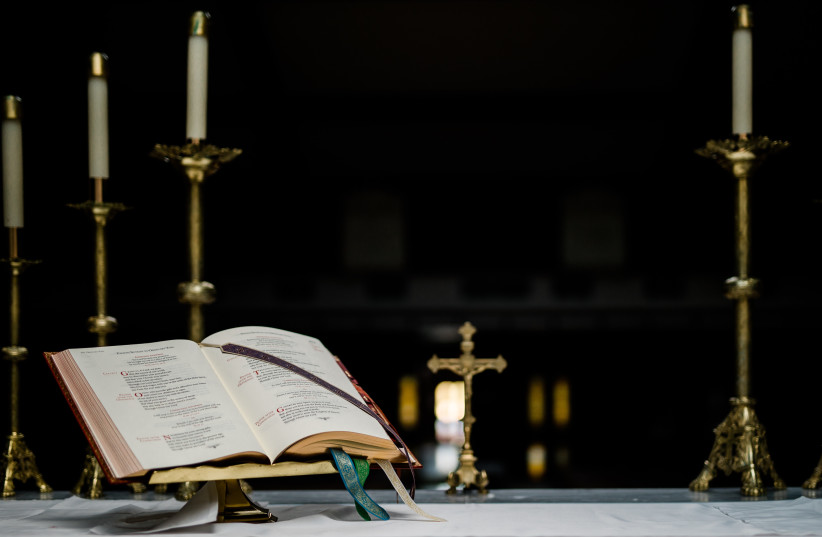Doodles in the margins of Henry VIII's prayer book indicate a man filled with regret and anxiety, according to a paper published recently.
The essay, which was published in the University of Cambridge's peer-reviewed journal Renaissance Quarterly, discusses the doodles found in Henry VIII's personal prayer book.
Henry VIII was King of England in the first half of the 16th century, he is famous for having had six wives, of which he executed two, as well as separating from the Roman Catholic church and forming the independent Church of England.
The doodles, whose proper name is “manicules”, are little hands with an outstretched index finger that points to an important verse in the book.
These manicules were discovered in a copy of the book Psalms and Prayers which was translated into English by Henry VIII's last wife Katherine Parr. The book, which functioned as a propaganda piece for Henry before an upcoming war with France, included numerous allusions to the king and smiting the enemy, yet these are not highlighted.

Henry VIII, a remorseful king
Instead, Henry, who we often think of as a confident and commanding king, highlighted verses to do with asking for forgiveness and divine wisdom.
The final manicule for example highlights a passage reading "O Lord God forsake me not, although I have done no good in thy sight."
Another says "Let thy spirit teach me the things to be pleasant unto thee, that I may be led into the straight way, out of the error wherein I have wandered overlong.”
For a king who had his fair share of conflicts with both the church and his family, this shows a Henry who was deeply regretful of the actions he took which caused harm to his family and to God.
Although we should be careful not to read too much into the highlighted passages as although this book was personally owned by the king, the book itself would likely have been read by select courtiers of sufficient rank.
Henry would have known that some of his most important advisors and courtiers may read the book, meaning that although these may be genuine insights into the king's mindset a mere three years from his death, they may also have been crafted in some way to give the impression of a regretful king.
